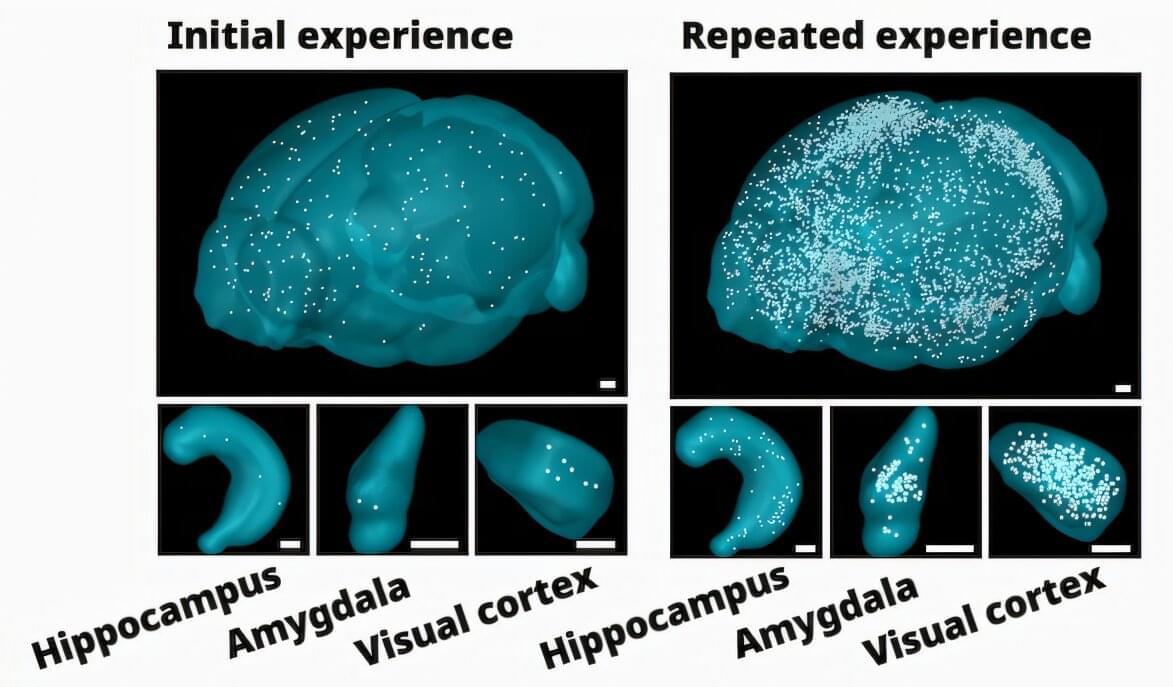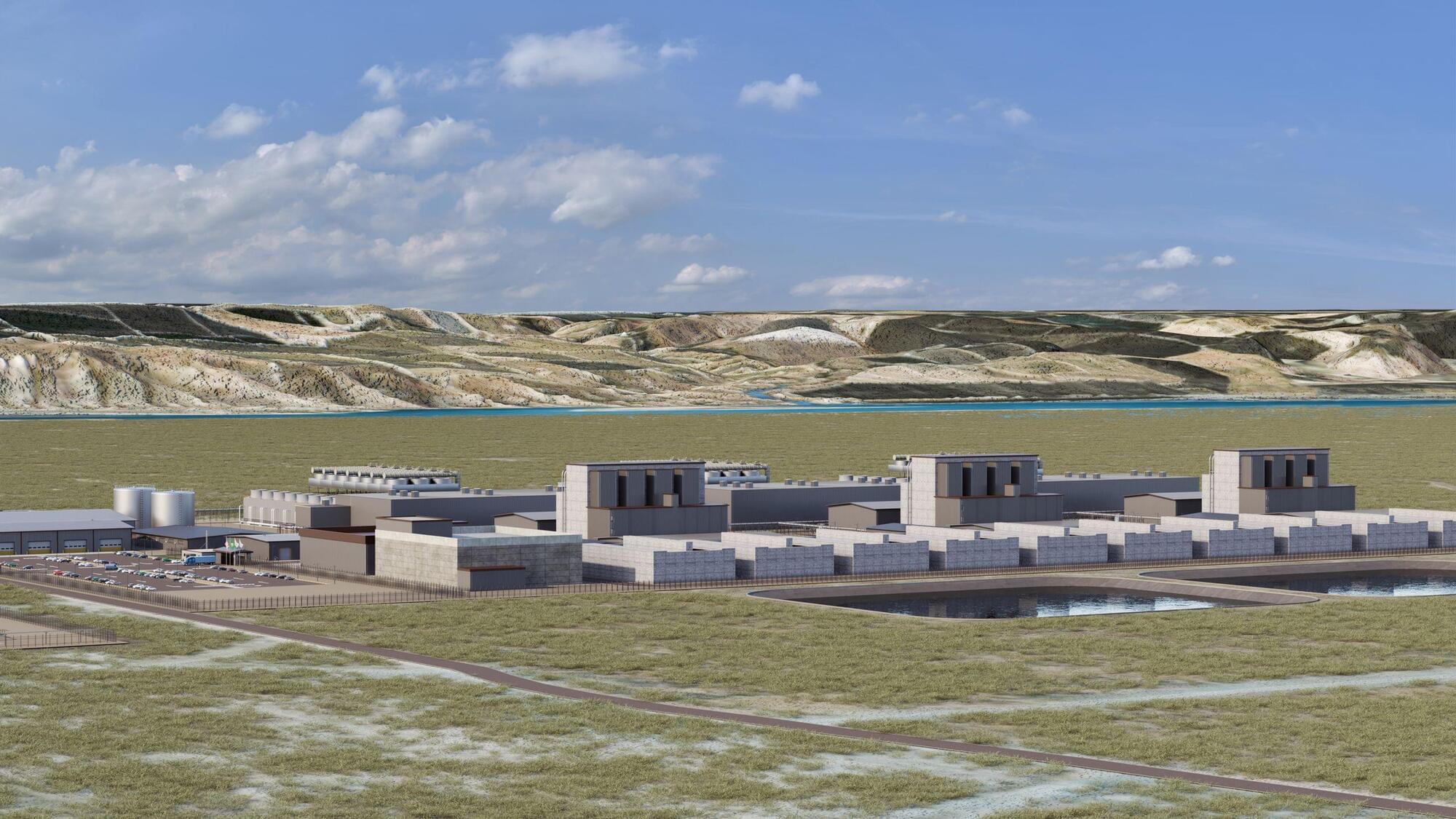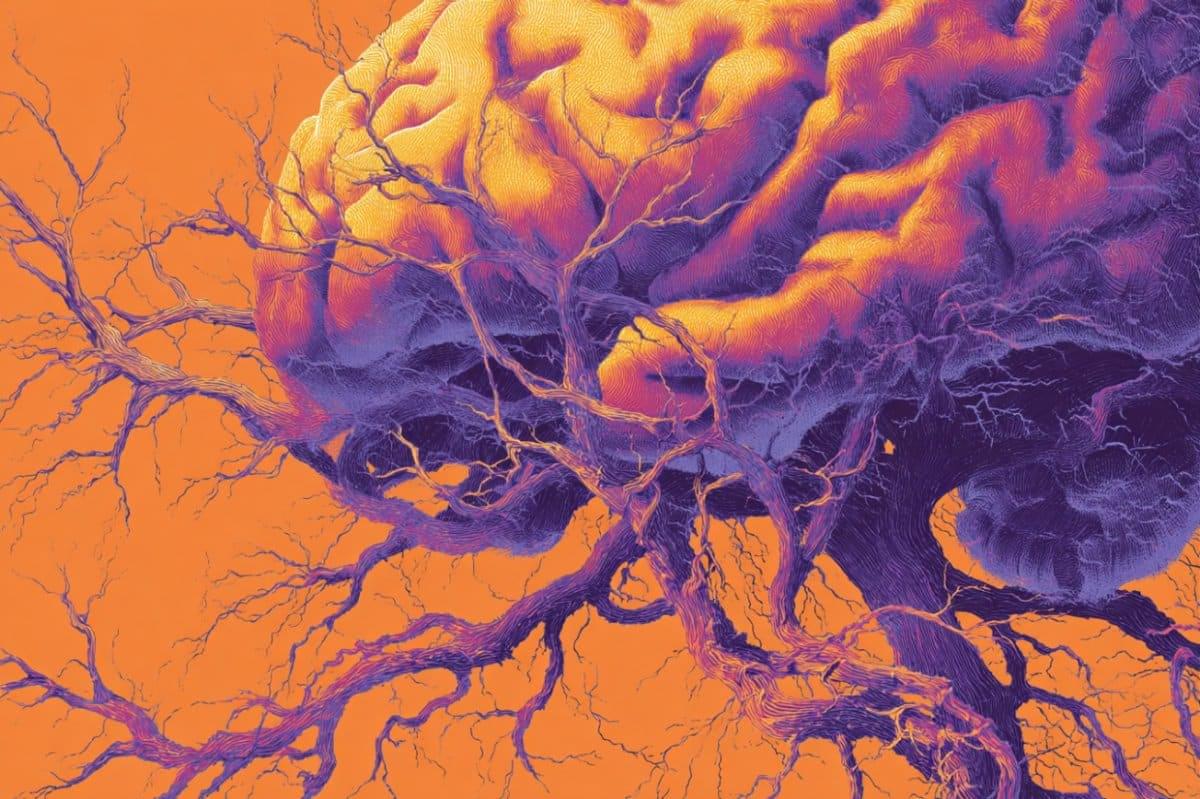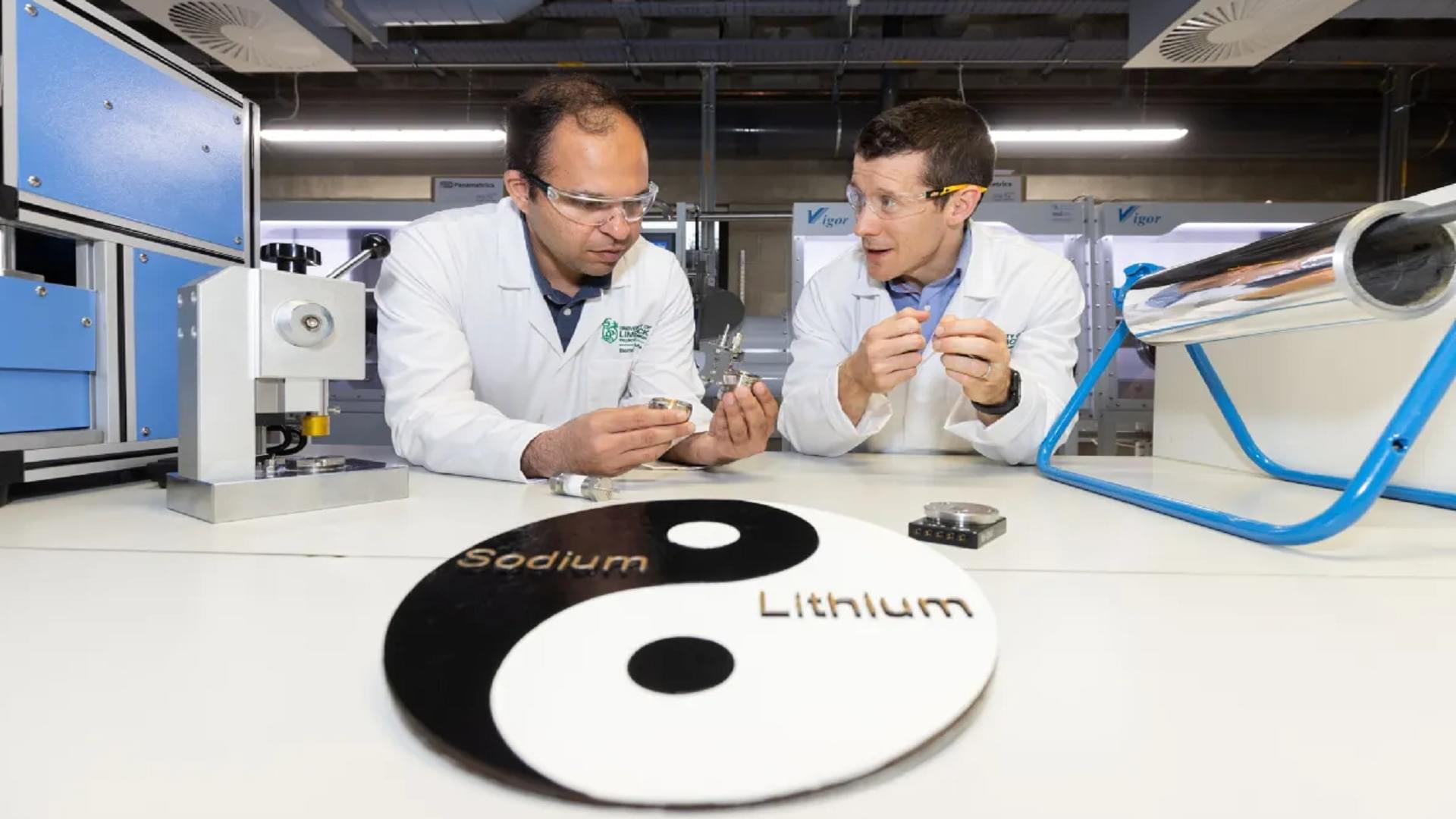Why are we able to recall only some of our past experiences? A new study led by Jun Nagai at the RIKEN Center for Brain Science in Japan has an answer. Surprisingly, it turns out that the brain cells responsible for stabilizing memories aren’t neurons. Rather, they are astrocytes, a type of glial cell that is usually thought of as a role player in the game of learning and memory.
Published in Nature, the study shows how emotionally intense experiences like fear biologically tag small groups of astrocytes for several days so that they can re-engage when a mouse recalls the experience. It is this repeated astrocytic engagement that stabilizes memories.
Astrocytes have traditionally been thought to have a supporting role in the brain, literally. But when it became clear that engrams—the actual memory traces that exist in neurons—cannot alone account for stabilized, long-term memories, Nagai and his team turned to astrocytes for a solution.







